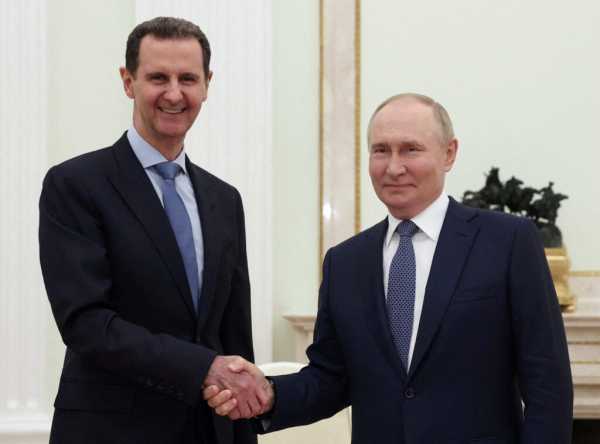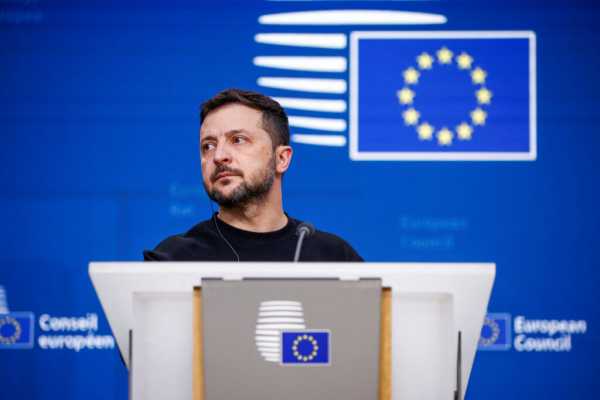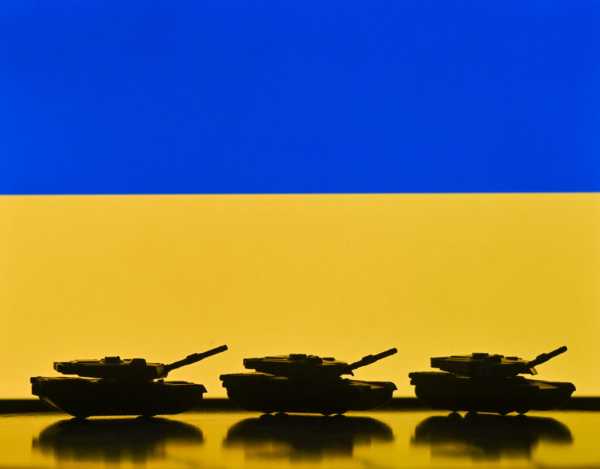
German Chancellor Olaf Scholz has rejected claims that his government will only be a one-term administration despite grappling with infighting and falling popularity during the first half of his term.
Scholz’s centre-left SPD are currently polling in third place, behind the conservative CDU and the far-right AfD, while the three parties in his ‘traffic light’ coalition, including the Greens and the liberal FDP no longer command a majority in opinion polls.
“I stand at the beginning of my time as chancellor,” Scholz told reporters at the chancellor’s traditional summer press conference.
Scholz’s coalition has been plagued by infighting over the last few months. Most prominently, a law to accelerate the transition towards eco-friendly heating systems, a flagship project of the Greens, provoked vigorous resistance from the FDP who criticised the high cost to citizens.
“Neither I nor anyone else like that this was debated so publicly,” Scholz acknowledged, as he admitted that his government needed to learn to embrace compromises.
In the wake of the government’s infighting, the far-right AfD surged in polls, surpassing Scholz’s SPD. Emboldened by the figures, the AfD party leadership is now publicly toying with its ambitions for the chancellorship.
Scholz refused to acknowledge that his government’s actions might have contributed to the AfD’s sudden rise, pointing instead to general public anxiety in the face of generational changes.
“I’m confident that the AfD won’t do better at the next election than at the last one,” he added.
Historic challenges
The chancellor was keen to draw attention to the historic challenges his government has faced, pointing to Russia’s invasion of Ukraine that was still “influencing everyone’s life at the moment”.
“[The government] has managed to steer the country clear of an enormous crisis,” Scholz claimed.
“Last autumn everyone was scared that we would have a cold winter and experience an economic crisis lasting 10 years – now it has been completely forgotten that there ever was this problem,” the chancellor said, referencing the fear that Germany would run out of gas after Russia cut off supplies in retaliation to EU sanctions.
The government had responded well to the “Zeitenwende” that was prompted by Russia’s attack, which turned Germany’s focus to security policy, said Scholz, who reaffirmed that Germany would continue to support Ukraine “as long as necessary”.
The government had also made available a special fund of €100bn to the German army as it committed to NATO’s goal of spending 2% of GDP on defence. Germany would reach it for the first time next year and “this will stay that way” beyond 2024 and the capacity of the fund, Scholz noted.
Key tests ahead
Scholz’s coalition government will face a number of key popularity tests as the second half of its term starts with regional elections in two German states.
Elections in Germany’s east in 2024 could be of critical importance as the strength of the AfD in the region means there is a real chance of a far-right party joining a government for the first time in Germany’s post-war history.
“The chancellor’s cheery description has nothing to do with Germany’s reality,” Thorsten Frei, chief whip of the CDU, the largest opposition party, told EURACTIV.
“Many people are scared to lose their place in society,” Frei said, warning that “inflation, recession, de-industrialisation and the chaos of the heating law cannot be ‘Scholz-ed away’”.
[Edited by Benjamin Fox]
Read more with EURACTIV

EU Commission urged to reverse appointment of US economist to top postThe European Parliament has weighed into the row over the appointment of the American former tech lobbyist, Fiona Scott Morton, as the chief economist of the European Commission’s powerful competition department, demanding that the EU executive re-open the process.
Source: euractiv.com



